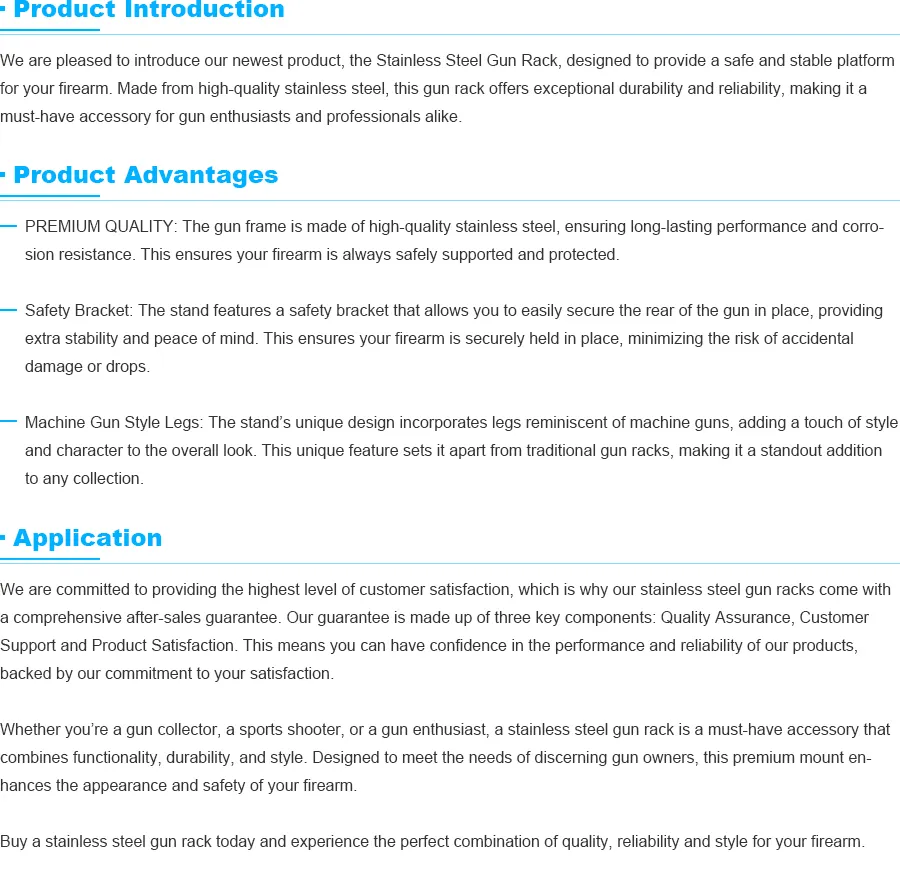Exploring the Benefits and Applications of Die Cast Zinc Alloys in Modern Manufacturing
Exploring Die Cast Zinc Alloy Advantages and Applications
Die casting is a manufacturing process that involves forcing molten metal into a mold cavity under high pressure. Among the various materials used in this process, zinc alloys have garnered significant attention due to their unique properties and versatility. This article delves into die cast zinc alloys, exploring their advantages, applications, and considerations in the manufacturing sector.
What are Die Cast Zinc Alloys?
Die cast zinc alloys are primarily composed of zinc, typically combined with small percentages of aluminum, copper, magnesium, and other elements. Common zinc die casting alloys include Zamak, which consists of zinc, aluminum, magnesium, and copper, among others. These alloys are favored for their excellent casting characteristics, including fluidity, strength, and resistance to corrosion.
Advantages of Die Cast Zinc Alloys
1. High Strength and Durability Zinc alloys possess exceptional mechanical properties, including high strength and rigidity. When subjected to stress, die cast zinc components demonstrate impressive fatigue resistance, making them ideal for applications that require enduring performance.
2. Corrosion Resistance One of the standout features of zinc alloys is their inherent resistance to corrosion. This property is particularly beneficial in outdoor and marine environments, where metal components are exposed to moisture and atmospheric agents.
3. Fine Detail and Surface Quality Die casting allows for the creation of intricate shapes and fine details, producing components with smooth surface finishes. This capability eliminates the need for extensive machining, resulting in cost savings and reduced lead times.
4. Excellent Thermal Conductivity Zinc alloys offer good thermal conductivity, making them suitable for applications such as heat sinks and electronic housings, where efficient heat dissipation is critical.
5. Cost-Effectiveness Compared to other die-cast metals such as aluminum or magnesium, zinc alloys tend to be more economical due to lower material costs and reduced processing requirements.
Applications of Die Cast Zinc Alloys
die cast zinc alloy

Die cast zinc alloys find a wide array of applications across various industries
1. Automotive Industry Zinc die casting is widely used to manufacture components such as housings for electrical connectors, instrument panels, and various parts in engines. The strength and durability of zinc alloys contribute to enhanced performance and longevity in automotive applications.
2. Consumer Electronics The intricate designs and excellent thermal properties of die cast zinc alloys make them suitable for housings and frames in consumer electronics like smartphones, laptops, and home appliances. The corrosion resistance further enhances the durability of these devices.
3. Aerospace Components In the aerospace industry, weight reduction and strength are critical. Die cast zinc components are utilized in non-structural applications, contributing to overall weight savings without compromising performance.
4. Architectural Hardware Door handles, locks, and other architectural hardware often employ die cast zinc for its aesthetic appeal and weather resistance. The ability to produce complex shapes allows for creative designs that enhance the functionality of these products.
5. Medical Equipment The biocompatibility and ease of sterilization associated with zinc alloys make them ideal for certain medical devices and equipment, ensuring safety and reliability in healthcare settings.
Considerations in Die Casting with Zinc Alloys
While die cast zinc alloys offer numerous benefits, there are certain considerations to be mindful of. The casting process requires precise temperature control to mitigate issues like porosity, which may affect the integrity of the final product. Additionally, recycling and sustainability practices are increasingly important; fortunately, zinc alloys are highly recyclable, reducing waste and environmental impact.
Conclusion
Die cast zinc alloys represent a powerful solution in manufacturing, combining strength, durability, and versatility. Their wide-ranging applications across various industries demonstrate their capability to meet the demands of modern technology and design. As the manufacturing landscape continues to evolve, die cast zinc alloys will remain a valuable component, providing innovative solutions that balance performance, cost, and environmental responsibility.
-
Top Extras Casting Solutions Die Casting and Sand Casting Experts High-Quality Casting and Die Casting ServicesNewsJun.10,2025
-
Top SS Casting Manufacturer Aluminum Die Casting Manufacturer China Precision Die Casting Company SupplierNewsJun.10,2025
-
High-Quality Brass Casting Sand for Precision Sand Casting Brass at HomeNewsJun.10,2025
-
Affordable Aluminum Sand Casting Solutions Custom PartsNewsJun.09,2025
-
High-Quality China Sand Casting Services Cost-Effective & ReliableNewsJun.09,2025
-
Premium Hot Stamping Parts Durable Plastic Decor SolutionsNewsJun.09,2025















